Crafting a letter to engage an expert witness can feel daunting, but it doesn't have to be! Whether you are navigating a complex legal case or simply need specialized knowledge, having the right expert on your side can make all the difference. In this article, we'll walk you through a straightforward letter template that captures your needs and sets the stage for a productive collaboration. Ready to dive in and learn how to connect with the perfect expert?
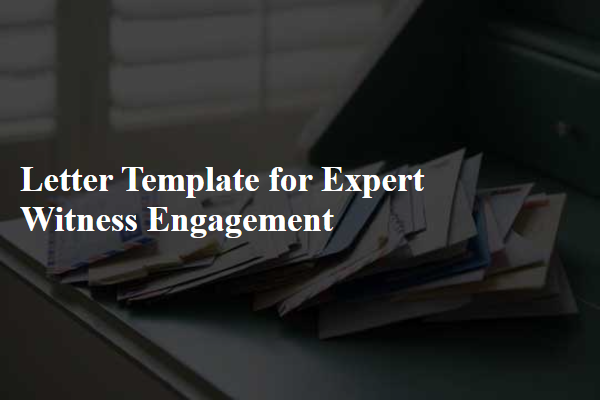
Clear Scope of Work
An expert witness engagement requires a clearly defined scope of work to ensure the expert's role aligns with case objectives. Key components involve defining specific services such as case analysis, the preparation of expert reports, and participation in depositions or court trials. The expert witness must also clarify their area of expertise, whether it be forensic engineering, medical malpractice, or financial analysis. Timelines for deliverables, including report submission dates and availability for testimony, play a crucial role in project management. Additionally, the expert should outline their fee structure, including hourly rates or flat fees, and any potential costs for travel or materials associated with case preparation. Establishing a comprehensive scope aids in maintaining focus throughout the litigation process while helping legal teams efficiently allocate resources.
Compensation and Fee Structure
Expert witnesses, specializing in various fields such as forensic science, medicine, engineering, or financial analysis, often charge a compensation rate based on their expertise and the complexity of the case. Standard hourly rates can range from $150 to over $500, depending on the expert's qualifications and experience. Additionally, experts may require retainer fees, contingent on the anticipated workload, typically ranging from $1,000 to $10,000. Involvement in legal cases may also necessitate additional fees for services such as report preparation, court appearances, and travel expenses. Detailed fee agreements should outline billing intervals, payment terms, and potential expenses related to court-related activities to ensure transparency and clarity for all parties involved. Clear documentation of all fees allows for a better understanding of the financial aspects surrounding the expert's engagement in the legal matter.
Confidentiality Agreement
Engagement of an expert witness, essential in legal proceedings, involves a confidentiality agreement to protect sensitive information exchanged between parties. This pact ensures that details regarding the case, including documents, testimony, and personal data, remain confidential, safeguarding the integrity of the judicial process. The confidentiality agreement should clearly outline the scope of information covered, stipulating that any breach may result in legal repercussions. Crucial elements comprehend the definition of "confidential information," duration of confidentiality, and obligations of the expert witness in preserving the information. Impact on the case depends heavily on maintaining the trust established through this agreement, as breaches can compromise legal strategies and outcomes. Legal professionals must carefully draft these agreements to preemptively address any potential disputes regarding confidentiality and information sharing.
Timeline and Deadlines
Engaging an expert witness involves a detailed timeline and specific deadlines to ensure that the process is efficient and effective. Initial consultation typically occurs within two weeks of identifying the need for an expert, allowing for clear understanding of the case context and requirements. A comprehensive contract should be finalized no later than one month prior to the expert's testimony, ensuring agreement on fees and scope of work. Necessary documentation and background materials, such as case files and relevant research, must be provided to the expert at least three weeks before the expert report is due. The expert's report is usually expected one week before depositions, allowing time for review and preparation. Key milestones, including mock trials or pre-trial meetings, should be scheduled at least two weeks in advance of the court date, promoting effective communication and strategy development. Overall, maintaining this timeline maximizes the expert witness's impact during legal proceedings.
Termination Clause
In the context of legal agreements, a termination clause serves as a critical element for expert witness engagement, outlining conditions under which either party may dissolve the contractual relationship. This clause typically includes a specified notice period, often ranging from 14 to 30 days, during which one party must notify the other of their intent to terminate. It may also stipulate grounds for immediate termination, such as breach of contract or failure to perform duties as an expert witness. Furthermore, obligations pertaining to the return of confidential documents and compensation for services rendered up to the date of termination are often detailed, ensuring clarity and protecting both parties' interests.

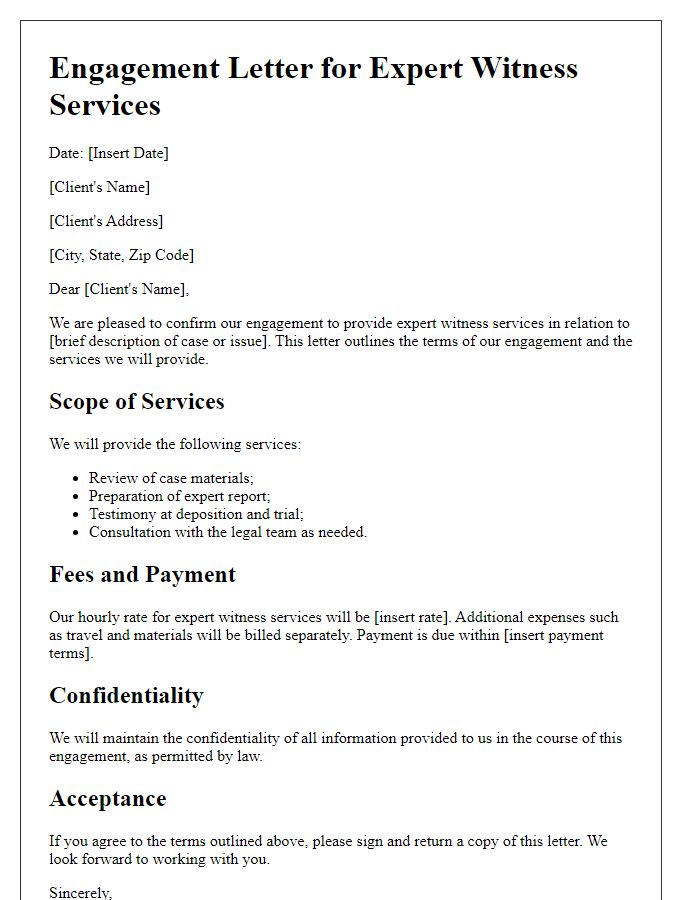
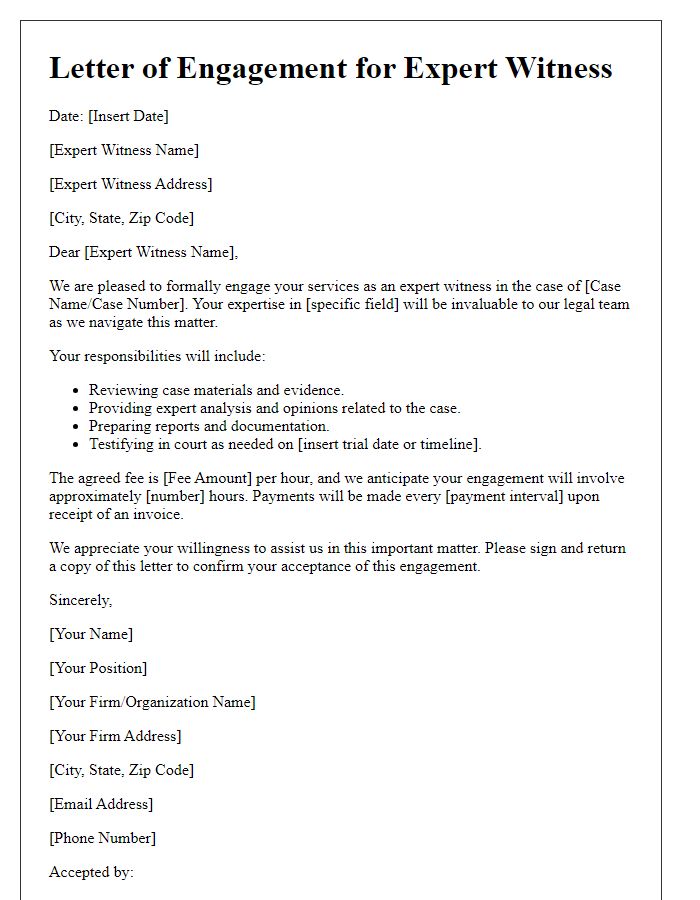
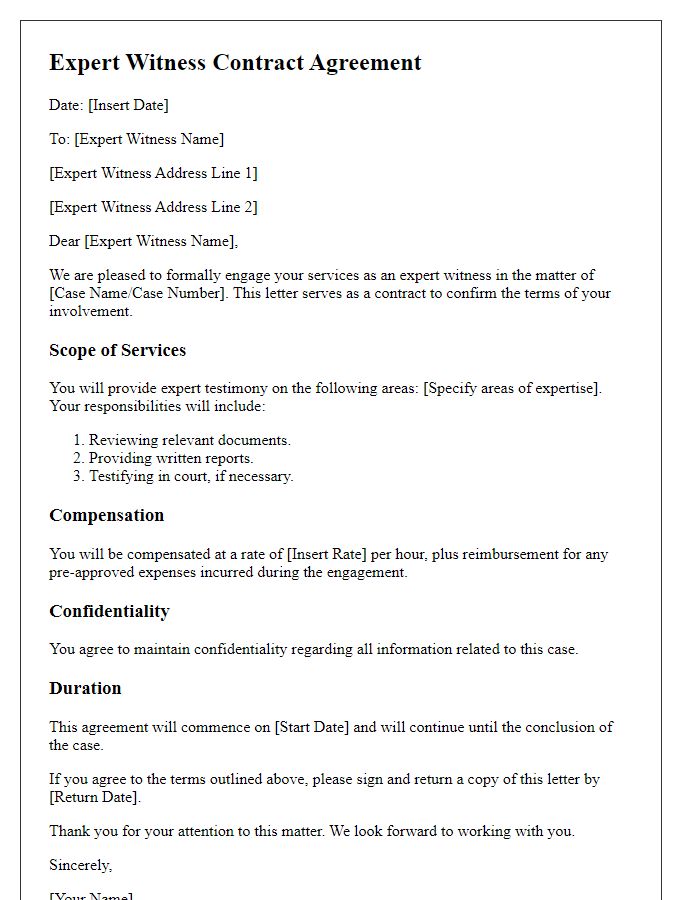
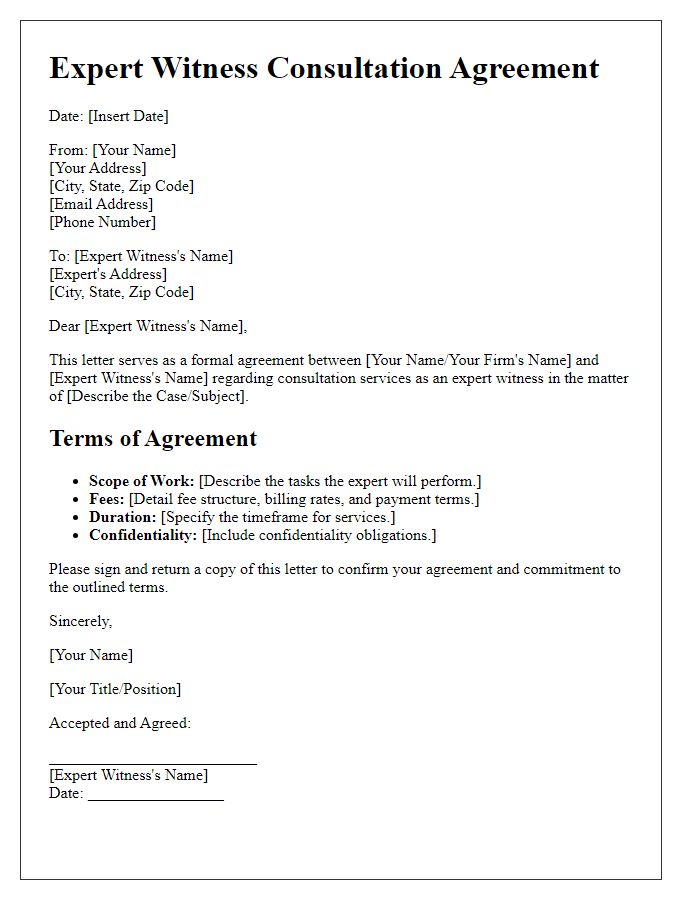
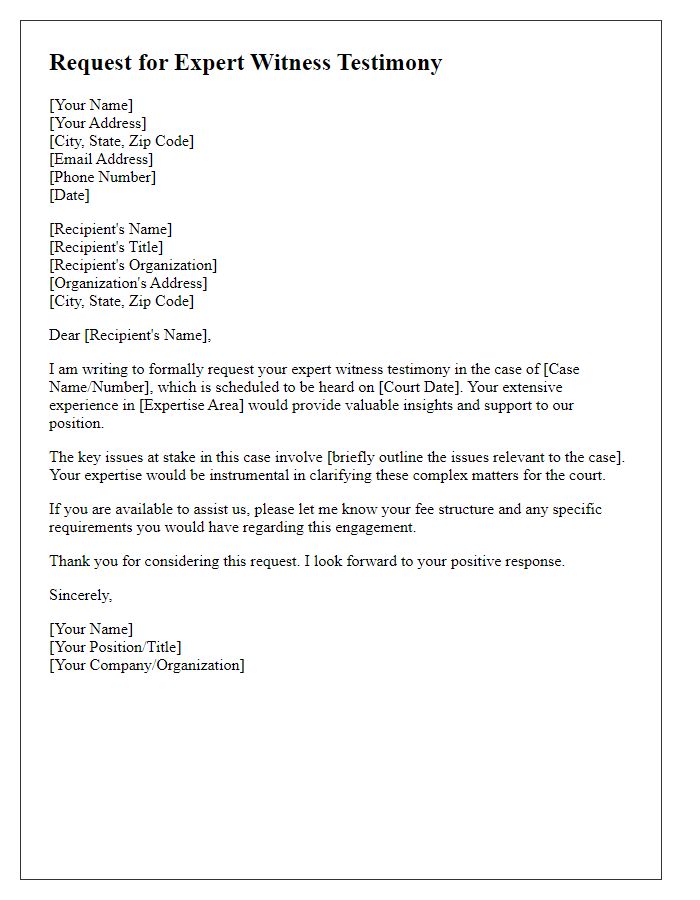
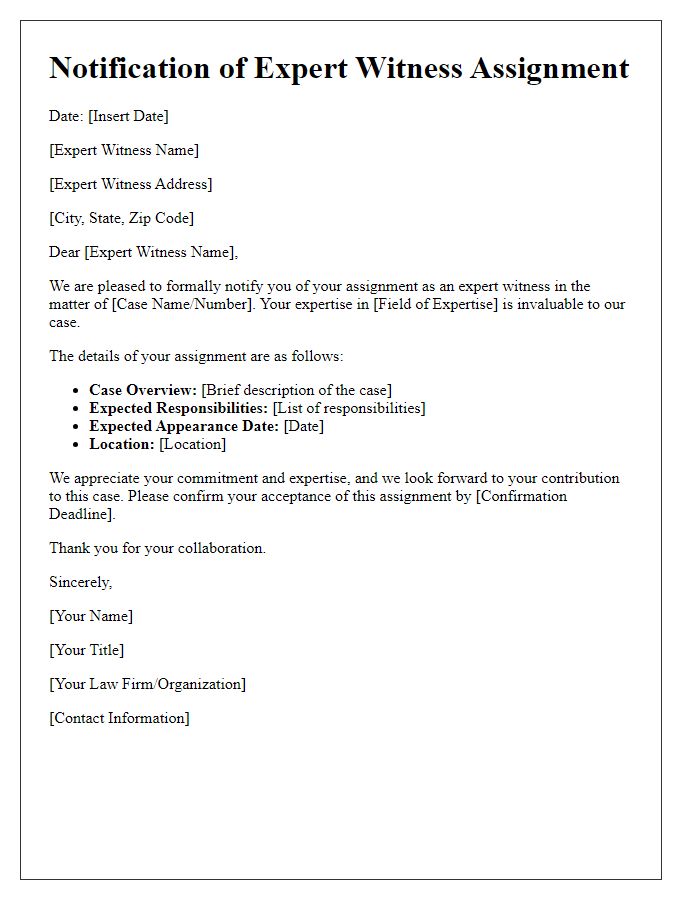
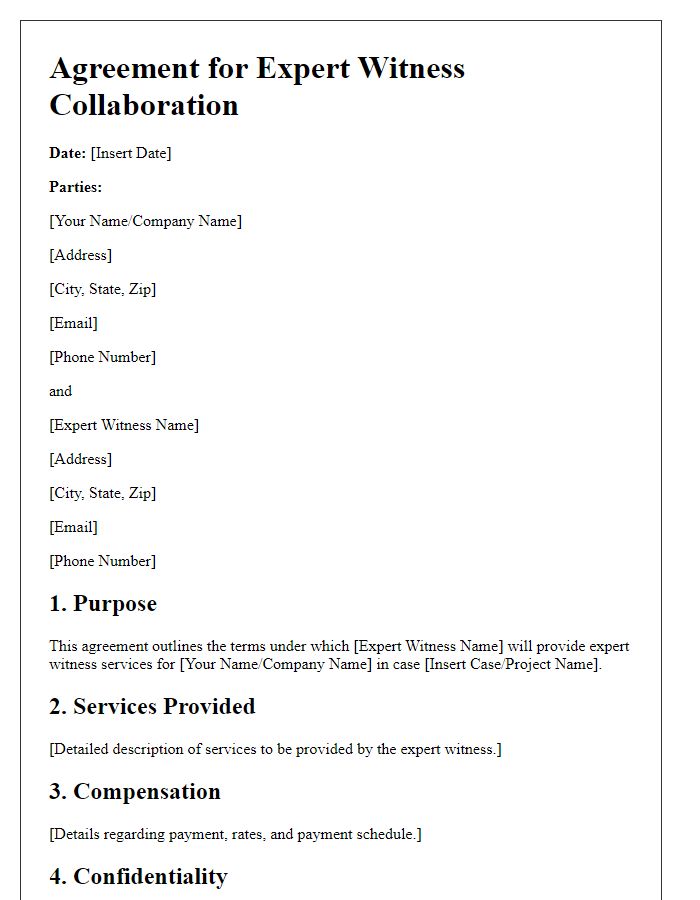
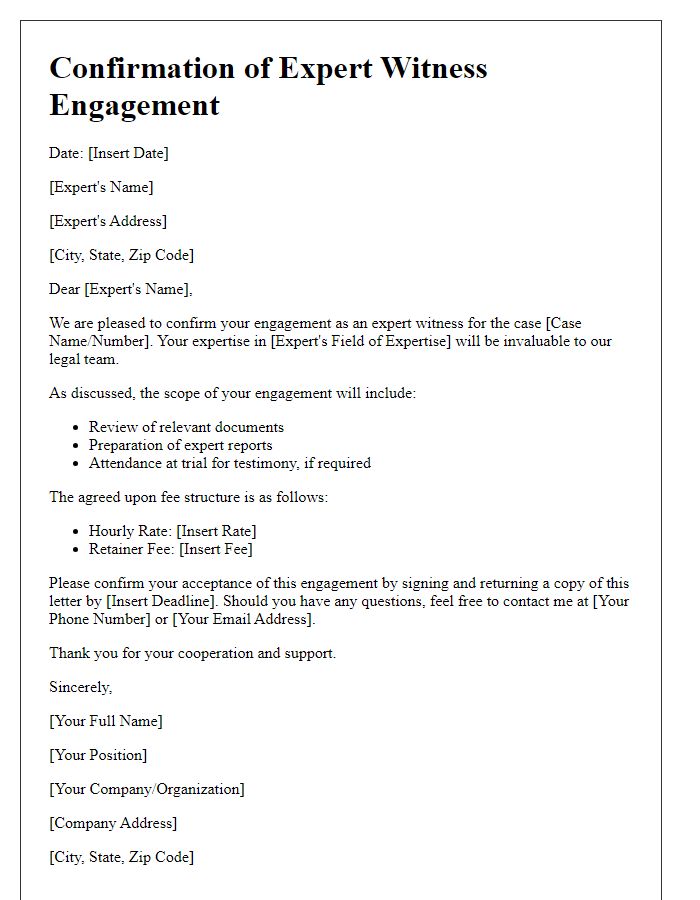
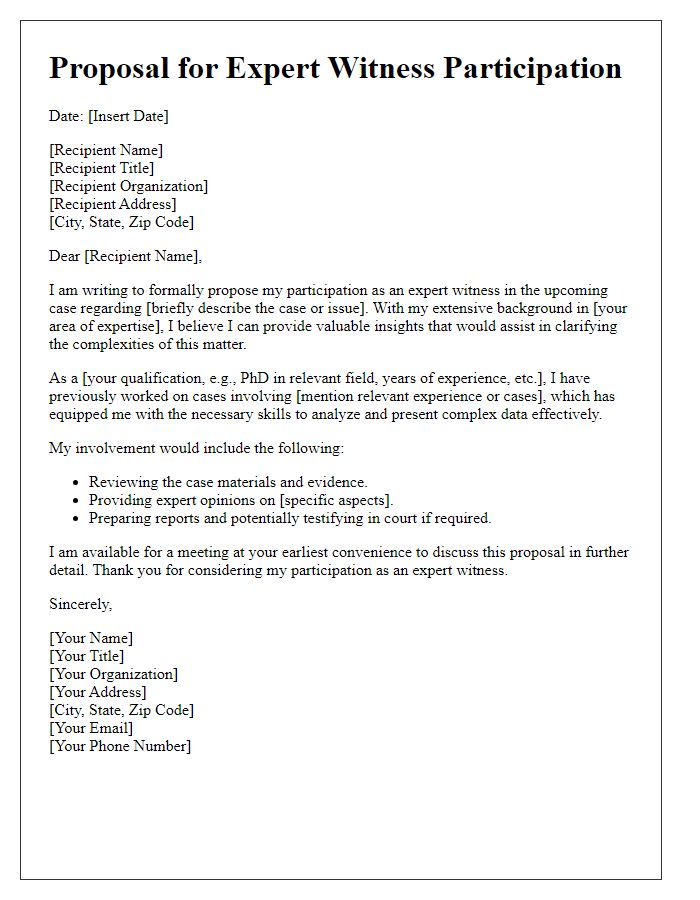
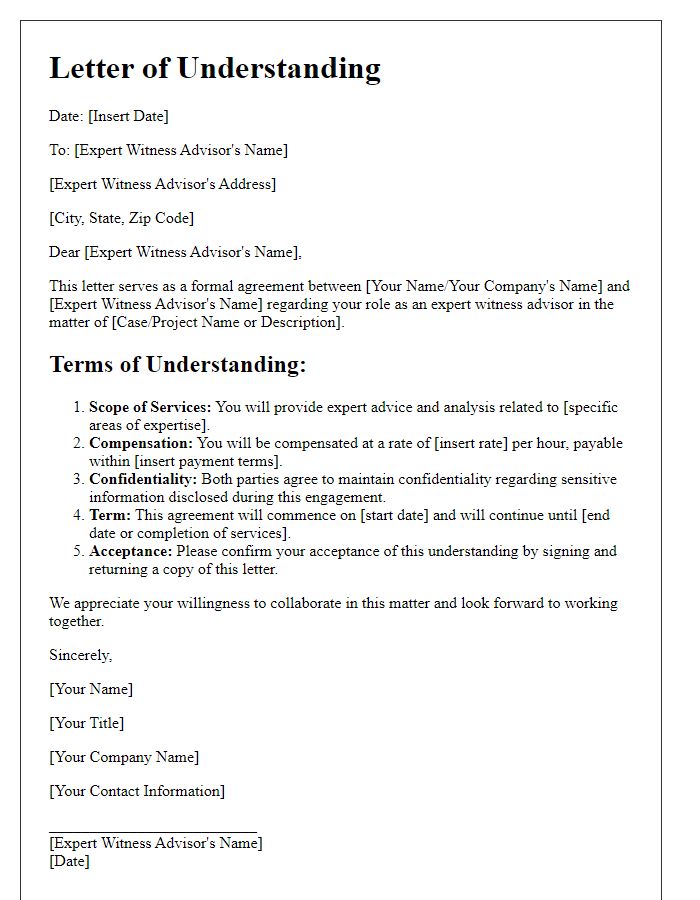

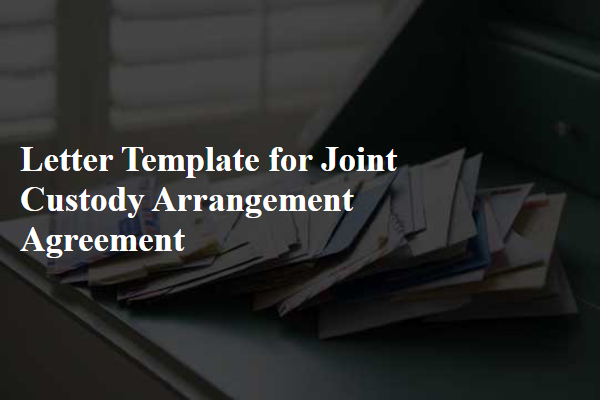
Comments